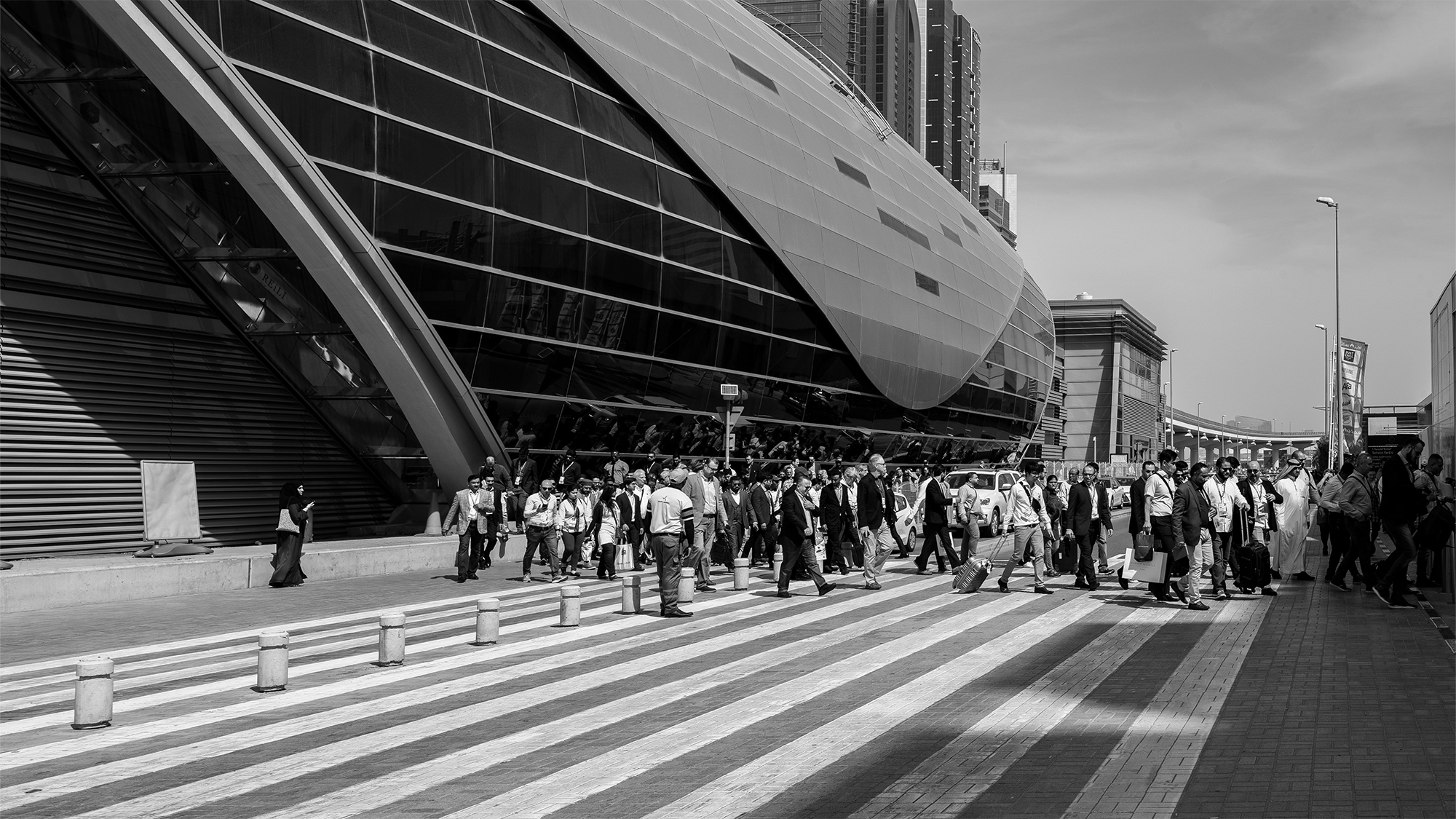



Dubai’s population has been on the rise over the past decade. The city is currently home to around 3.05 million residents, and that number is projected to surge to 5.8 million by the year 2040. This means that the demand for a more sustainable and connected urban metropolis has never been more crucial.
The emirate is continuously making significant strides to improve its urban mobility and transportation systems by adopting sustainable and digitally focused initiatives. In connection with this, the Roads and Transport Authority (RTA) in Dubai organised five innovation labs at its Mobility Research and Innovation Centre during the second half of 2023. These labs were designed to focus on the Traffic and Roads Agency, Corporate Administrative Support Services industry, Rail Agency, Public Transport Agency, and Corporate Technology Support Services Sector.
This blog post is part four of a series exploring Dubai’s transportation and mobility systems. It highlights the government’s efforts to strengthen the digital transformation of the sector to make it more environment-friendly, efficient, and accessible to the public.
“The future of cities is intertwined with the future of mobility.” This was articulated by Mattar Al Tayer, Commissioner-General for Infrastructure, Urban Planning and Well-Being Pillar, Director-General, Chairman of the Board of Executive Directors of RTA, during the 2024 World Governments Summit (WGS). The words encapsulate the essence of Dubai’s vision to build a sustainable, connected, and efficient transportation system.
The WGS 2024 witnessed the successful inauguration of the Future of Mobility Forum, bringing together government officials, industry leaders, and innovators. The forum served as an avenue to share best practices, exchange ideas, and build partnerships to redefine urban mobility for the future.
The summit covered a wide range of topics, including the incorporation of advanced technologies, the promotion of eco-friendly public transportation solutions, and the enhancement of multi-modal connectivity. From autonomous vehicles to electric-powered public transit systems, it showcased an array of innovations expected to revolutionise urban transport.
In line with the vision of digitalising the public transportation of Dubai and creating a more sustainable and seamless urban experience, RTA announced the successful implementation of Phase 1 of the “Services 360” policy. It is a strategic initiative aimed at delivering proactive, seamless, and integrated services across various facets of transport.
Dubai’s RTA has effectively transformed service accessibility by utilising digital platforms, such as the Dubai Now App, to facilitate self-service features and remote access. Notably, the app offers a convenient one-stop-shop experience to users, providing access to more than 250 government and private sector services from over 35 entities.
Dubai’s #RTA has accomplished phase one of the new generation of integration services to achieve the vision of the (360 services) policy, aimed at developing services to be proactive, seamless, integrated, remotely accessible, and automated.
RTA has made extensive efforts to… pic.twitter.com/FeY1huu1cE— RTA (@rta_dubai) March 26, 2024
Phase 1 of the policy has yielded notable improvements across six key service areas: (1) traffic services, (2) marine transport, (3) infrastructure works services, (4) bus services, (5) journey planning, and (6) investment services. Initially addressing 20% of RTA services, this phase sets the stage for further enhancements. The second and third stages are projected to cover 40% of services in 2024 and 2025, respectively.
Dubai’s innovative efforts to establish a technology-oriented transportation system have been reinforced by RTA signing two momentous memoranda of understanding (MoUs) at the Dubai International Project Management Forum (DIPMF).
The first MoU aims to develop the Floc Duo Rail system, an ultramodern double-track infrastructure that strives to provide fast and efficient transportation. Complementing this, the second MoU explores the idea of creating a rail bus system that operates on solar energy acquired through equipped bridges. These strategic agreements were formed in collaboration with Urban-Mass Company, a UK-based enterprise, and RAIL BUS Inc., a US-based company.
It’s worth mentioning that Dubai has been exploring the possibility of launching a driverless flying vehicle for a while now.
The integration of digital technologies with sustainable transportation solutions in Dubai will undoubtedly be a game-changer for the industry. By spearheading meaningful dialogues, groundbreaking initiatives, and futuristic projects, the emirate is laying the groundwork for a more improved transportation network.
Don’t forget to share this post!
We use cookies to enhance your experience on our website. If you continue using this website, we assume that you agree with these. Learn more.


